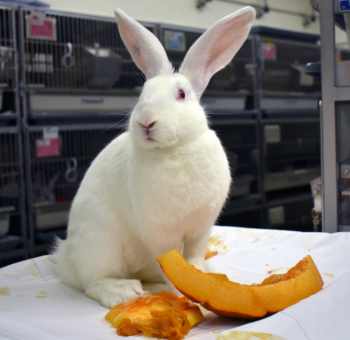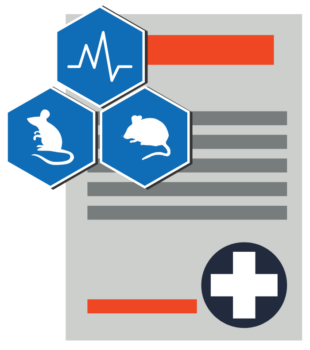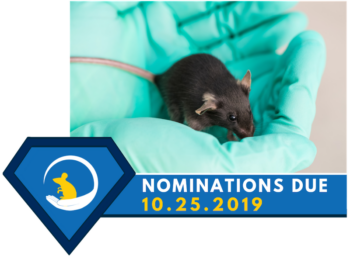ULAM Introduces New Behavioral Welfare Group
The newly-formed Behavioral Welfare Group, part of the Unit for Laboratory Animal Medicine (ULAM), consists of a team of laboratory animal professionals who meet monthly to discuss our animals’ welfare and behavioral health needs. Specific areas of focus include animal enrichment, social housing, and acclimation to procedures. This group replaces the previous Animal Enrichment Committee ...











